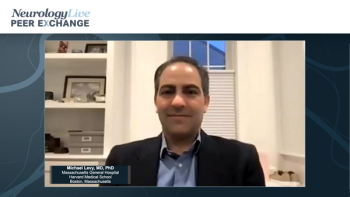
Dr Michael Levy leads a discussion on negative health outcomes associated with misdiagnosis of NMOSD, the likelihood of disability and relapse, and educating patients about the disease.

Dr Michael Levy leads a discussion on negative health outcomes associated with misdiagnosis of NMOSD, the likelihood of disability and relapse, and educating patients about the disease.
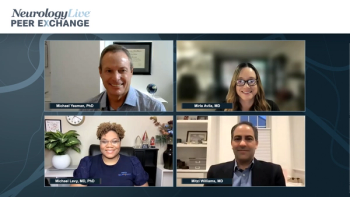
Expert neurologists identify key differences between neuromyelitis optica spectrum disorder (NMOSD) and multiple sclerosis, and discuss the importance of accurate disease diagnosis.
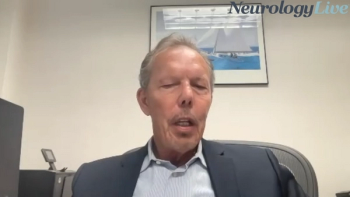
The professor of psychiatry and cell biology at NYU Langone provided commentary on new findings which challenge traditional theories on the root of Alzheimer disease and how it is targeted. [WATCH TIME: 17 minutes]
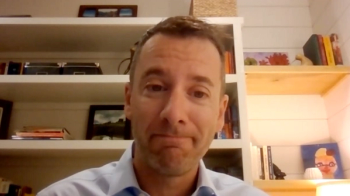
The neurologist at the University of Colorado offered an overview of the State of the Science Summit that was held on August 18, 2022, featuring a panel of expert clinicians. [WATCH TIME: 5 minutes]
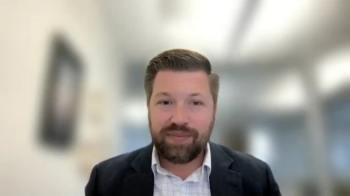
The internal medicine physician and chief medical officer and head of development at Pear Therapeutics spoke about the long-term impacts that uncontrolled insomnia can have on patients with chronic disease. [WATCH TIME: 3 minutes]
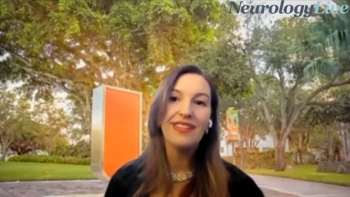
The associate professor of neuropsychology at the University of Miami Miller School of Medicine discussed how a new innovative tool can further characterize cognitive status and improve evaluation of agents in development for Alzheimer disease. [WATCH TIME: 2 minutes]
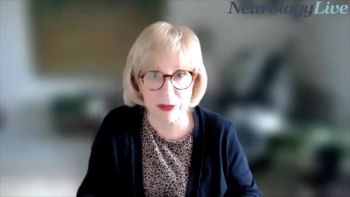
The professor of pediatrics at Case Western University provided insight on the typical sleep issues seen in children and adolescents, and how they impact overall quality of life. [WATCH TIME: 5 minutes]
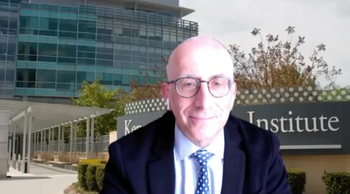
The director of medical outpatient services at the Kennedy Krieger Institute provided insight on the recently announced revisions to the “Learn the Signs. Act Early.” CDC developmental milestones for children. [WATCH TIME: 4 minutes]
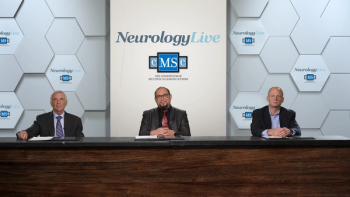
Ahmed Obeidat, MD, PhD; Randall Schapiro, MD, FAAN; and Jeffrey Wilken, PhD, share their opinions on the utility of disease-modifying therapies to increase cognition and brain health in patients with multiple sclerosis.
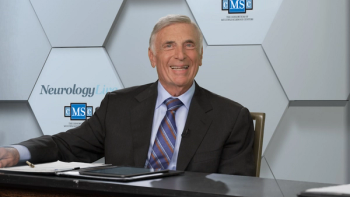
Drs Randall Schapiro and Jeffrey Wilken explore the idea of cognition and brain health biomarkers in multiple sclerosis and provide imaging and diagnostic recommendations.
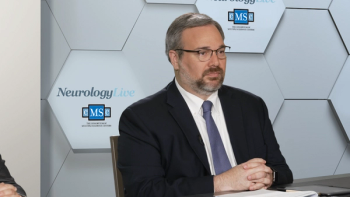
Benjamin Greenberg, MD, hypthothezies on where BTK inhibitors fit into the current treatment algorithim for the management of patients with multiple sclerosis.
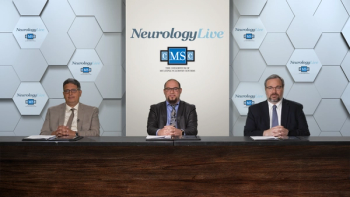
Experts in neurology comment on the factors they consider when selecting and sequencing treatments for their patients with multiple sclerosis.
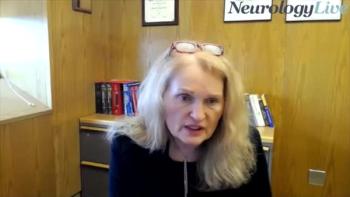
The chair of the nephrology division at Mayo Clinic provided context on recent findings linking inflammation and neurovascular damage in women with a history of severe preeclampsia, and how the community may react. [WATCH TIME: 2 minutes]
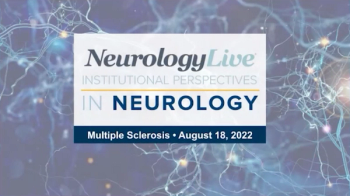
Chaired by Augusto Miravalle, MD, of the University of Colorado, the presentations also feature Barry Hendin, MD, of the Center for Neurology and Spine; Ilana B. Katz Sand, MD, of Mount Sinai; Brett Fling, PhD, of Colorado State University; and Gavin Giovannoni, MBBCh, PhD, of Queen Mary University of London. [WATCH TIME: 1 hour, 59 minutes]
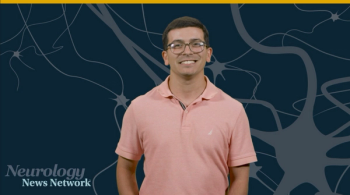
Neurology News Network for the week ending August 27, 2022. [WATCH TIME: 4 minutes]

The internal medicine physician, and chief medical officer and head of development at Pear Therapeutics discussed the findings of a recent study assessing cognitive behavioral therapy for insomnia. [WATCH TIME: 4 minutes]
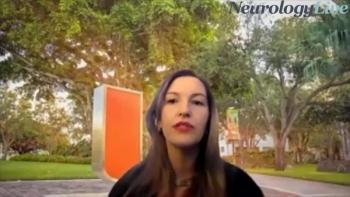
The associate professor of neuropsychology at the University of Miami Miller School of Medicine discussed the next steps in using the Cognitive Stress Test and the remaining questions from recent findings. [WATCH TIME: 4 minutes]
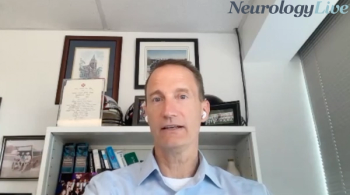
The Edward F. and Barbara A. Bell Endowed Chair at Cleveland Clinic discussed the complexities with identifying viable biomarkers for Parkinson disease, as well as interventions geared toward specific regions of the brain. [WATCH TIME: 4 minutes]
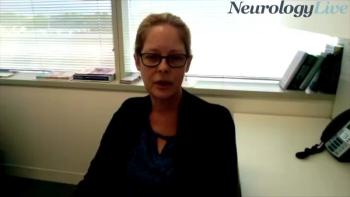
The molecular biologist at the Cleveland Clinic Lerner Research Institute provided insight on the lingering questions about GFAP and sTREM2 astrocytes, and their immunologic correlations with Alzheimer disease and related dementias. [WATCH TIME: 4 minutes]
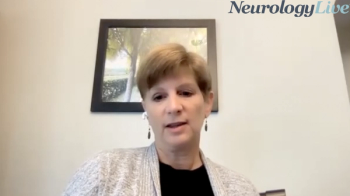
The associate director of the Sleep Center at Children’s Hospital of Philadelphia discussed the detrimental effects poor sleep can have on children, both neurologically and on quality of life. [WATCH TIME: 4 minutes]

Drs Hesham Abboud and Benjamin Greenberg share their approach to treatment selection and highlight the importance of individualizing treatment and patient education.

Ahmed Obeidat, MD, PhD; Benjamin Greenberg, MD; and Hesham Abboud, MD, discuss the prevelance of multiple sclerosis and comment on the mechanisms of action and available drug classes utilized in disease management.
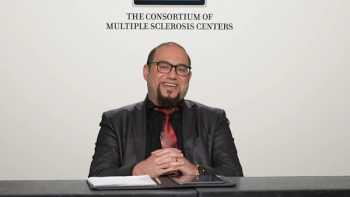
Experts in neurology provide insight into the impact multiple sclerosis can have on patients and hypothesize about initiating treatment before cognitive impairment is observed.

Ahmed Obeidat, MD, PhD; Randall Schapiro, MD, FAAN; and Jeffrey Wilken, PhD, discuss the impact of polypharmacy on cognitive health and share their thoughts on deciding when to cease treatments in patients with multiple sclerosis.
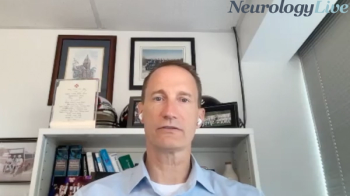
The Edward F. and Barbara A. Bell Endowed Chair at the Cleveland Clinic detailed how a new virtual reality tool elucidates prodromal symptoms from patients with Parkinson disease. [WATCH TIME: 3 minutes]

The director of the Women’s Alzheimer’s Movement Preventer Center at Cleveland Clinic provided perspective on the possibility of gender-specific therapies to overcome disparities in Alzheimer disease. [WATCH TIME: 3 minutes]
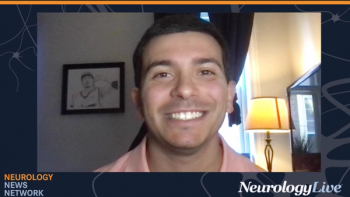
Neurology News Network for the week ending August 20, 2022. [WATCH TIME: 4 minutes]

The chair of the American Migraine Foundation spoke about the insight gleaned from a recent survey the foundation conducted assessing links between mental health and migraine care. [WATCH TIME: 4 minutes]
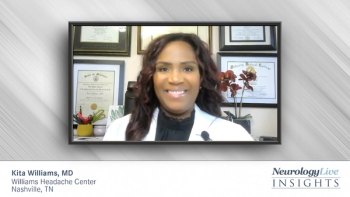
Dr Williams discusses best practices for taking care of patients with migraine in a collaborative manner.

A migraine specialist cautions against going through migraine treatments quickly and not utilizing their full potential.